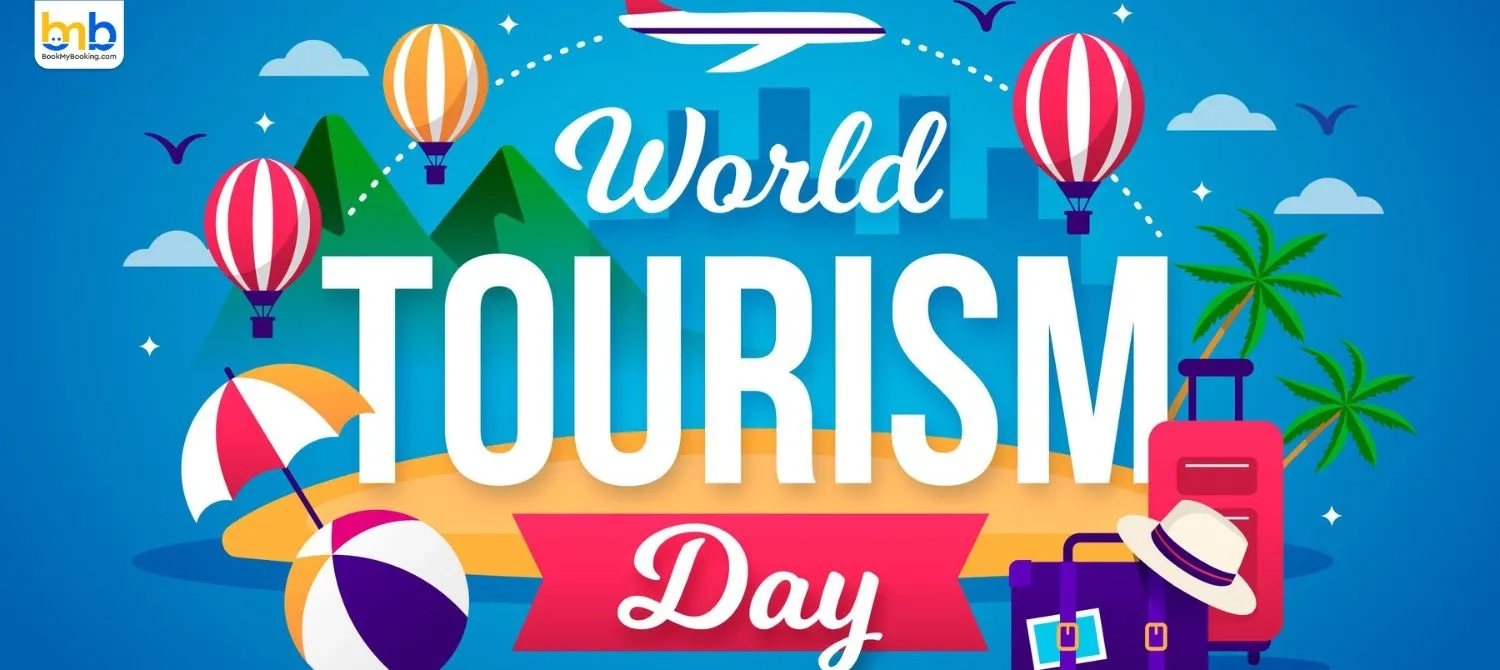On this World Tourism Day, the global community reflects on the role of tourism in driving inclusive growth. It is worth remembering that inclusion begins with access. Every student can pursue an education abroad. Every worker able to take up global opportunities, and every family able to explore new cultures, represents the widening of the tourism circle of impact.
For decades, the story of international travel began not with boarding passes or itineraries but with long forms, endless queues at consultancies and uncertain timelines. The visa process was often the single most significant barrier to mobility. Complex, opaque and accessible mainly to those with time resources and proximity to consular offices. For countless others, these hurdles mean that opportunities to study abroad, take on overseas assignments, or even plan family holidays remained just out of reach.
The consequences stretched beyond individuals. Tourism, which is globally recognised as a driver of jobs, growth and cultural exchange, felt the impact. Unpredictable visa timelines limited spontaneous travel, restricted accessibility for people in smaller towns and created bottlenecks for businesses and governments managing rising mobility demands. At a time when the world was beginning to understand tourism as an engine of inclusive development, visa systems often became the choke point that slowed progress.
That reality is now being reshaped. Visa and consular services, once synonymous with bureaucracy. As they are undergoing a technological transformation. Technology is breaking down long-standing barriers, making travel more straightforward, safer and more inclusive. On World Tourism Day 2025, we observed how this shift is not just changing the traveller experience but redefining the sustainability of tourism itself.
The outsourced visa and consular service industry has merged as a critical enabler of this transformation. In 2024, specialised providers handled nearly 46 million applicants, representing 38 per cent of the global total. By 2029, this share is projected to reach 50 per cent with the industry almost doubling in size to US$3.2 billion. Behind these figures are millions of students, workers, entrepreneurs and tourists who are now able to access opportunities across borders because systems are becoming more efficient, predictable and reliable.
Yet the real story lies in how these changes address long-standing pain points—advancements in biometric verification. AI-driven document checks, digital visa platforms, and real-time tracing have transformed cumbersome manual processes into transparent, user-friendly systems. Passengers/tourists receive predictions and security, governments receive storm preparations and security, and the tourism sector benefits from smooth visitor streams, which provide better planning and preparedness for infrastructure.
It is essential that the value of technology extends beyond efficiency; it's about inclusion. Lately, applying for a visa from a small city may mean spending the day travelling to reach a consulate. Today, digital-first platforms enable applications from external places to facilitate mobile-friendly interfaces and multilingual support, ensuring access to a large number of people. By standardising and simplifying the process, technology reduces the distance between aspiration and opportunity. This directly contributes to inclusive growth by reducing the dependence of international mobility on privilege and proximity.
Sustainability is another critical outcome. Digital workflows reduce paperwork and physical travel, cutting down on both costs and carbon footprints. More importantly, scalable and resilient systems enable governments to handle surges in demand during festivals, global events, or seasonal peaks, thereby preventing the strain that often undermines both efficiency and the traveller experience in the past.
Looking ahead, the convergence of emerging technologies promises to strengthen this foundation. AI-driven risk can be distributed after approval without compromising safety. A blockchain-based digital identity provides a tamper-proof and privacy-protecting system that increases confidence between travellers and authorities. An integrated mobile-first ecosystem can unite the fragmented elements in the booking journey from Visa, leading to seamless cross-border movement. Each of these innovations shares a common thread: building trust and reducing friction, the two essential elements for sustainable tourism growth.
This change is not simply an operational upgrade; it is a paradigm shift. Visa and consular services are no longer barriers at the start of the journey but bridges that connect people, cultures, and economies. They have become strategic promoters of tourism and support governments in governing dynamics to strengthen travellers' confidence. By prioritising inclusion and safety in the first phase of the journey, we lay the groundwork for a more sustainable tourism model that is not only fast and safe, but also fair and durable.
On this World Tourism Day, as the global community reflects on the role of tourism in driving inclusive growth, it is worth remembering that inclusion begins with access. Every student able to pursue an education abroad, every worker able to take up global opportunities, and every family able to explore new cultures represents the widening of the tourism circle of impact. When technology transforms visa systems from paperwork to digital pathways, it does more than ease travel; it fuels prosperity, strengthens communities, and reaffirms tourism's role as one of the most powerful connectors of our time.
The journey from barriers to bridges is well underway. What lies ahead is an opportunity to ensure that mobility itself becomes a driver of shared prosperity, creating a future where the benefits of travel are accessible, sustainable and truly global.
#bookmybooking #technology #innovativetravel #digitaltravel #worldtourismday #tourismupdate #news


